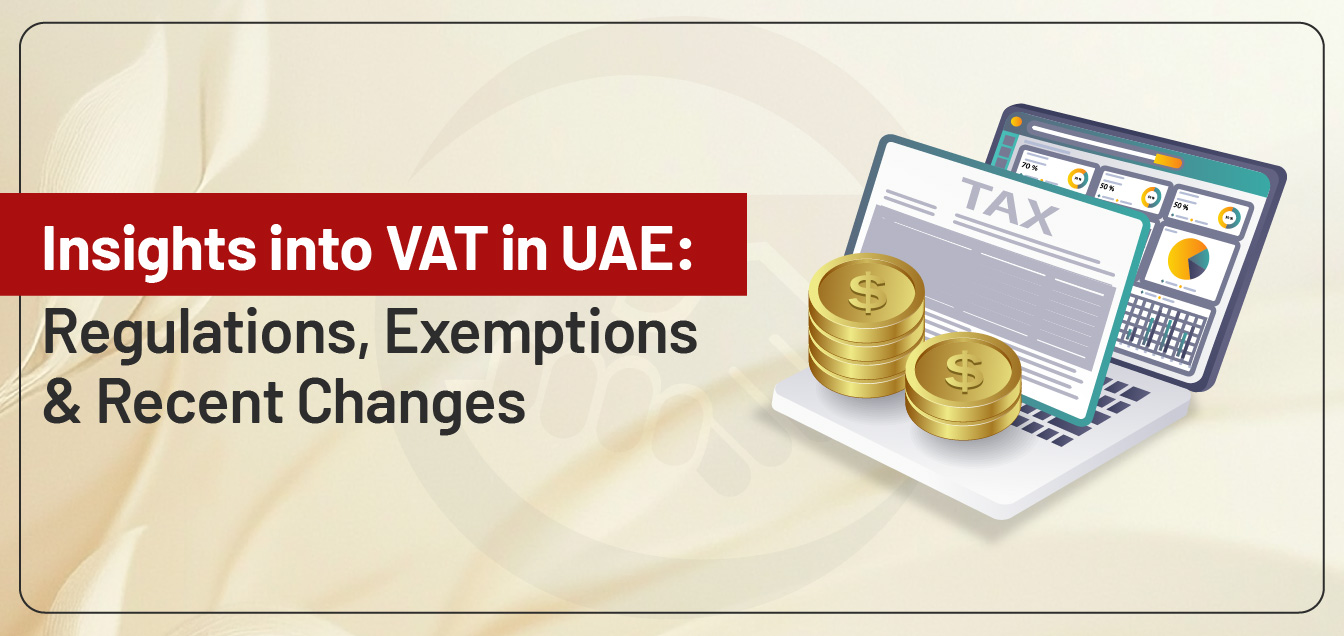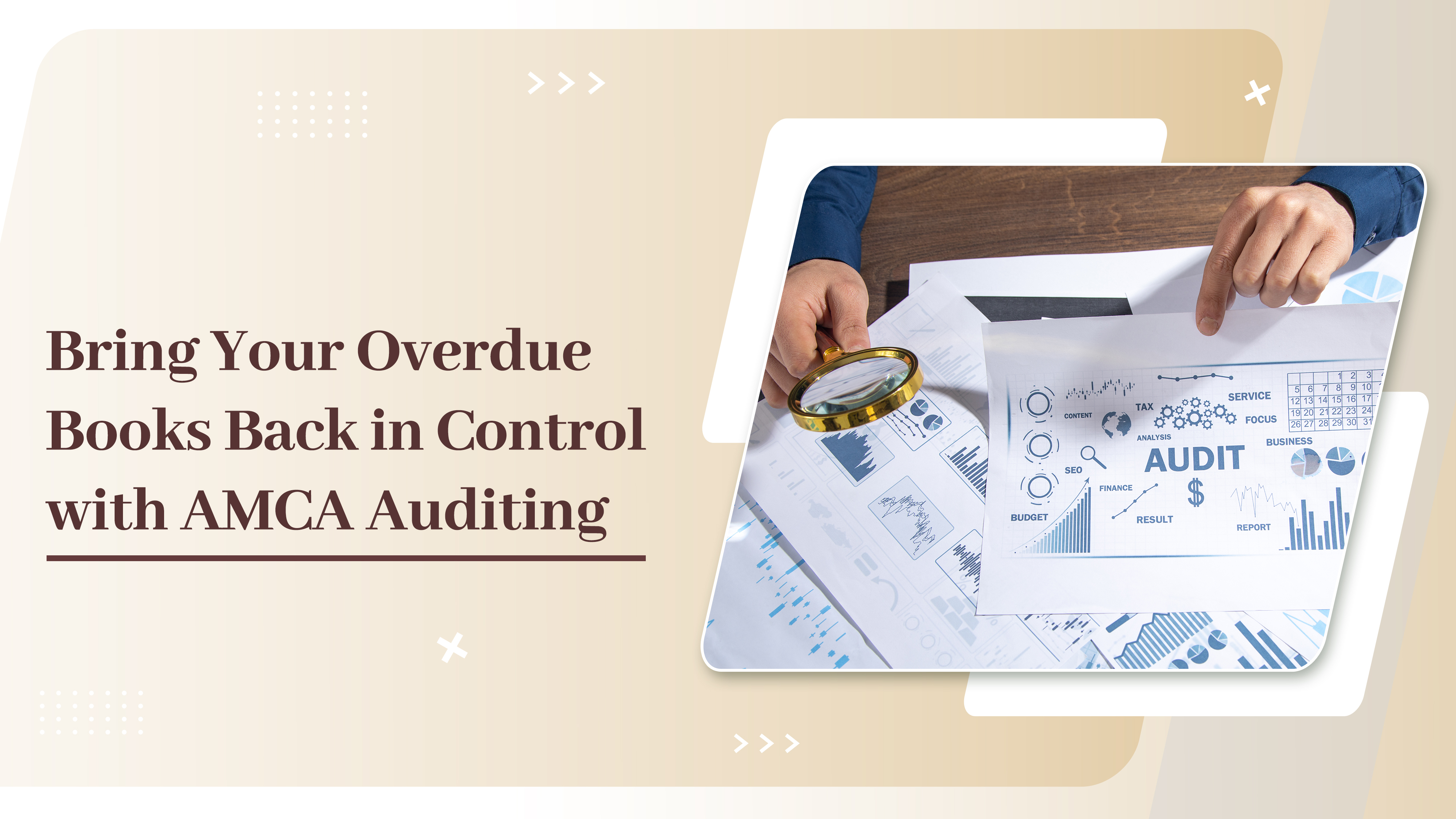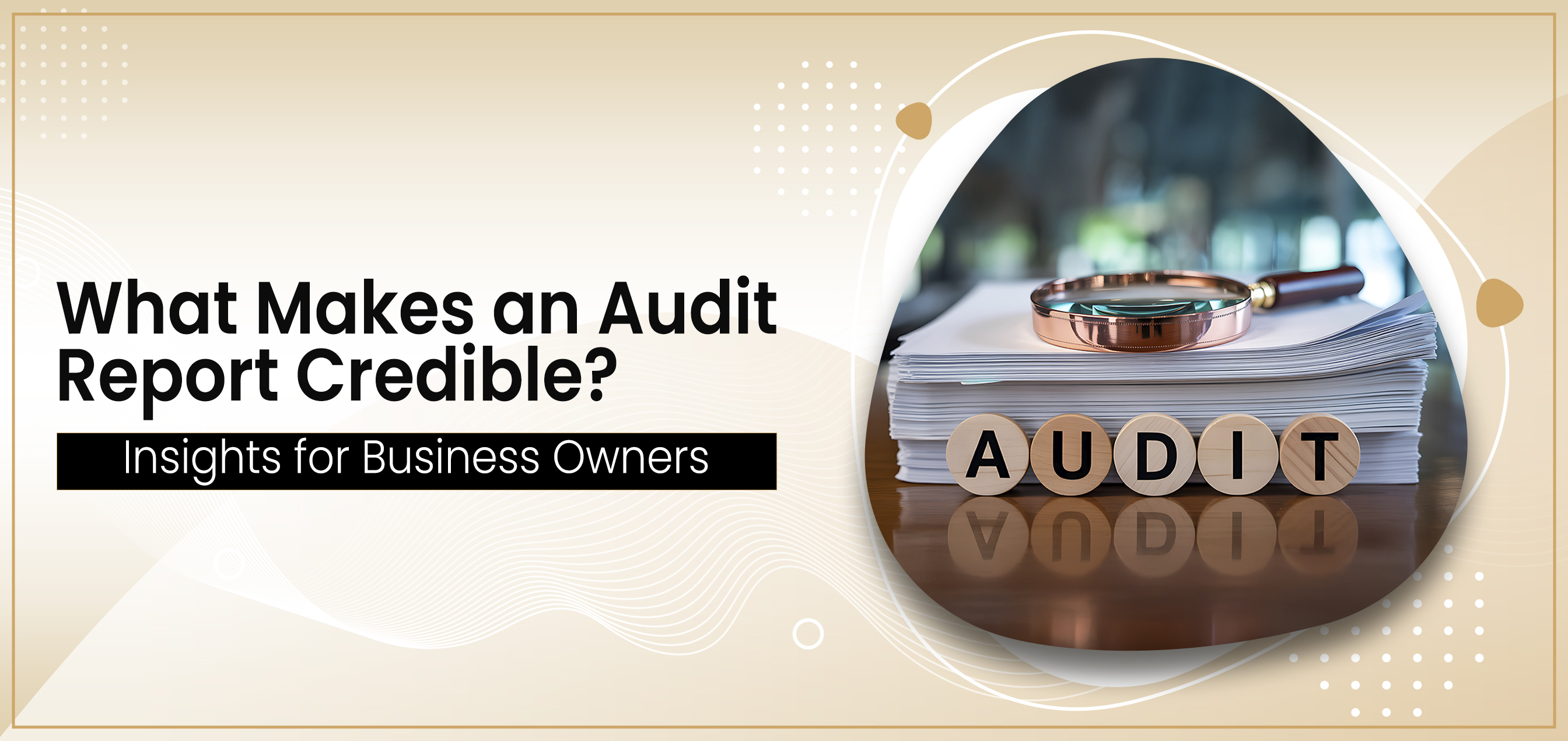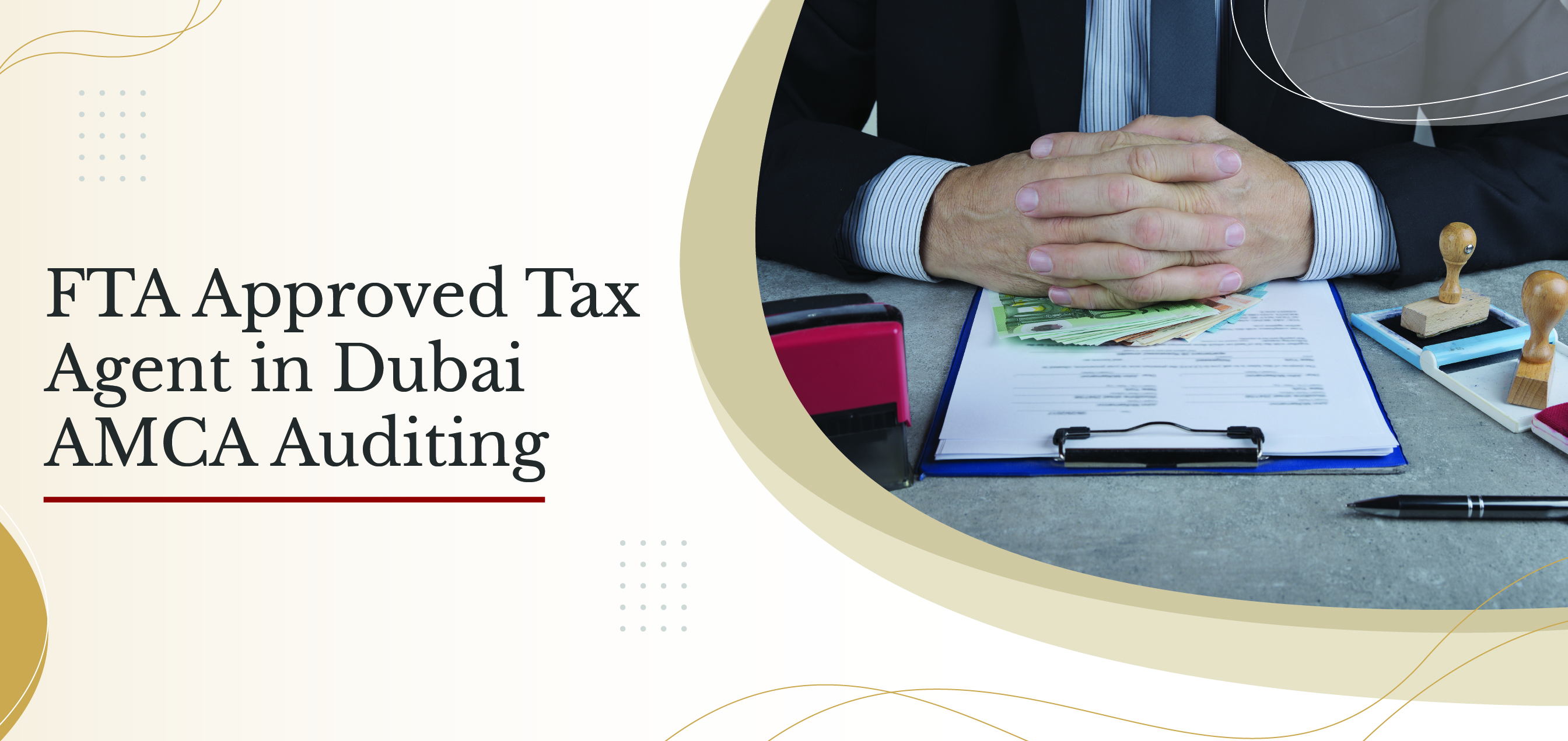
05 Sep 2024
Understanding VAT in the UAE
Value Added Tax (VAT) is a consumption tax levied on the sale of goods and services at each stage of production or distribution. Introduced in the UAE on January 1, 2018, VAT aims to diversify government revenue sources and reduce dependence on oil revenues. As part of the GCC VAT Agreement, the UAE implemented VAT at a standard rate of 5%, which is considered relatively low compared to global standards.
VAT Rates UAE
The standard VAT rate in the UAE is 5% which is levied at the point of sale. This standard rate is applicable to most goods and services, with a few exceptions including some goods and services subject to a 0% tax rate and some being exempted from VAT. The 0% VAT rate is applicable to the supplies listed in Article 45 of the Federal Decree-Law no. (8) of 2017 on Value Added Tax.
Types of VAT registration UAE
• Mandatory Registration: According to UAE VAT regulations, if the taxable supplies and imports of a business exceed the mandatory registration threshold of AED 375,000, it is mandatory to register for VAT. This is called the mandatory registration threshold for VAT.
• Voluntary Registration: A business can voluntarily choose to register for VAT in the following conditions:
a. If the business supplies and imports are less than the mandatory registration threshold of AED 375,000 but greater than the voluntary registration threshold of AED 187,000.
b. In cases where the expenses of a business exceed the voluntary registration threshold.
VAT Taxable Goods UAE
• Domestic taxable supplies:
As per the VAT policy UAE, A standard VAT rate of 5% is applicable on all local supplies of goods and services unless exempt or zero-rated in the UAE, and a VAT-registered supplier must charge VAT at this standard rate.
• Zero-rated supplies:
A supplier can charge a 0% VAT in UAE on certain goods and services such as healthcare supplies, goods and services exported outside the GCC, education supplies, international transportation and certain investment precious supplies.
• Exempt supplies:
Certain goods in the UAE VAT law have been specified as exempted from VAT. These include financial services such as life insurance, residential buildings, bare land, and local passenger transport.
• Deemed supplies:
A ‘deemed supply’ is a supply that may not fall within the definition of supplies but can be ‘deemed’ to be such only for the purpose of VAT. These supplies are charged at a 5% rate.
• Out-of-the-scope supplies:
Supplies that are not subjected to UAE VAT implementation, either due to their place of supply or the nature of transactions that are considered out of scope under the VAT law, are referred to as ‘out-of-scope supplies’.
VAT Exemptions UAE
The following categories of supplies are exempted from VAT:
• The supply of some financial services
• Supply of residential properties through sale or through lease
• Supply of bare land
• Supply of local passenger transport
• Partial exemptions
Recent changes in UAE VAT
There have been significant VAT updates UAE, ever since this tax was introduced. The Federal Decree-Law No. 18 of 2022 on the Amendment of some provisions of the UAE Value Added Tax (also called the VAT law) was issued in September 2022 to update and amend some of the regulations of the Decree Law. Some of the notable amended laws include:
• Reverse charge mechanism:
Under the previous Federal Decree-Law No. 8 of 2017, the domestic reverse charge was applied to unprocessed or processed natural gas supplies, crude oil, refined oil, or hydrocarbon of any kind. However, Article 48(3) of the new Federal Decree-Law No. 18 of 2022 introduced and defined the term “pure hydrocarbon” to clarify that only pure compounds of the chemical formula consisting solely of hydrogen and carbon, i.e. CXHY, can be considered for the purposes of the reverse charge mechanism along with natural gas supplies, crude oil and refined oil.
• Time limit for issuance of a tax invoice and tax credit:
The earlier law (Federal Decree-Law No. 8 of 2017) didn’t specify any time limit for the issuance of a tax invoice for supplies, including periodic payments or consecutive invoices. However, the new Federal Decree-Law No. 18 of 2022 about UAE VAT guidelines amended this regulation and stated that the time limit for the issuance of a tax invoice, which is 14 days from the date of supply, will also now include periodic payments or consecutive invoices. Additionally, the time limit for the issuance of a valid tax credit note was also introduced, which is 14 days.
• Input VAT recovery by government entities and charities:
Article 57 of the Federal Decree-Law No. 18 of 2022 mentions that government entities and charitable organizations can recover input VAT that is incurred for the provision of sovereign activities and charitable organizations.
To know more about in detail about all the amendments click here— Everything You Need To Know About The Amendment of VAT Law (amcaauditing.com)
VAT UAE Guidelines
• VAT Filing UAE Deadline:
VAT returns UAE must be filed after registering for VAT in the UAE, along with related VAT payments within 28 days from the end of your tax period.
• VAT Penalties:
a. Failure of the person conducting business to keep the required records and information specified in the Tax Procedures Law and Tax Law:
1. 10,000 for the first time
2. 20,000 in case of repetition
b. Failure to file a Tax Return by the Legal Representative for the Taxable Person within the specified timeframe. In this case, the penalties will be due from the Legal Representative’s own funds:
1. 1,000 for the first time
2. 2,000 in case of repetition within 24 months
c. Failure to submit the Tax Return by the Registration within the timeframe specified in the Tax Law.
1. 1,000 for the first time
2. 2,000 in case of repetition within 24 months




